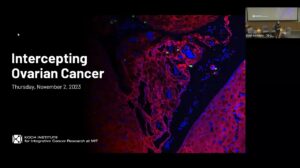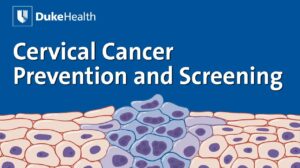NEW YORK (Reuters Health) – Epoetin alpha can reduce the number of erythrocyte transfusions needed in patients with acute leukemia undergoing myelosuppressive chemotherapy, without affecting length of remission, a randomized controlled trial suggests.
However, because the trial was stopped early because of poor accrual (before the target of 123 subjects was met) no firm conclusions can be drawn from the study, the researchers say.
Dr. Maria Cabanillas from University of Texas M. D. Anderson Cancer Center in Houston and colleagues describe their study in a paper in the journal Cancer. It comprised 109 patients with newly diagnosed acute lymphoblastic leukemia (ALL), lymphoblastic lymphoma (LL), or Burkitt lymphoma (BL).
During the first six cycles of planned front-line myelosuppressive chemotherapy, 55 were randomly assigned to epoetin alpha and 54 to no epoetin alpha. Hemoglobin levels were carefully monitored and epoetin alpha was halted if the hemoglobin level topped 10 grams per deciliter.
Transfusion data were available for 79 of 81 evaluable patients (98%) who completed the treatment and observation period. For these patients, epoetin alpha led to a modest but statistically significant decrease in the average number of units of packed erythrocytes transfused over five months (10.6 vs. 13 units in the no epoetin group).
The researchers failed to find any statistically significant beneficial effect of epoetin alpha on quality of life, as assessed by the Functional Assessment of Cancer Therapy (FACT)-Anemia instrument or Edmonton Symptom Assessment Scale (ESAS).
This contrasts with several prior studies that did find benefits of erythropoiesis-stimulating agents on quality of life. However, only 74 patients were assessed for quality of life and the study was not powered for this end point, Dr. Cabanillas and colleagues note.
There was no evidence that epoetin alpha (as administered in this study) had any deleterious effects on outcome; rates of complete remission, 3-year remission duration, 5-year progression-free survival and toxicity were similar between the two study groups.
The authors note that several studies in different tumor types have suggested adverse effects of erythropoiesis-stimulating agents on survival; however, all of those studies targeted hemoglobin levels at or above 12 g/dL, not 10 g/dL, as in the current study.
Information provided to potential patients regarding potential adverse effects of epoetin alpha on survival made many patients reluctant to participant, the authors say.
“Additional prospective studies clearly are warranted to better define the risks and potential benefits of erythropoiesis-stimulating agents in specific patient populations,” they conclude.
Cancer 2011.




